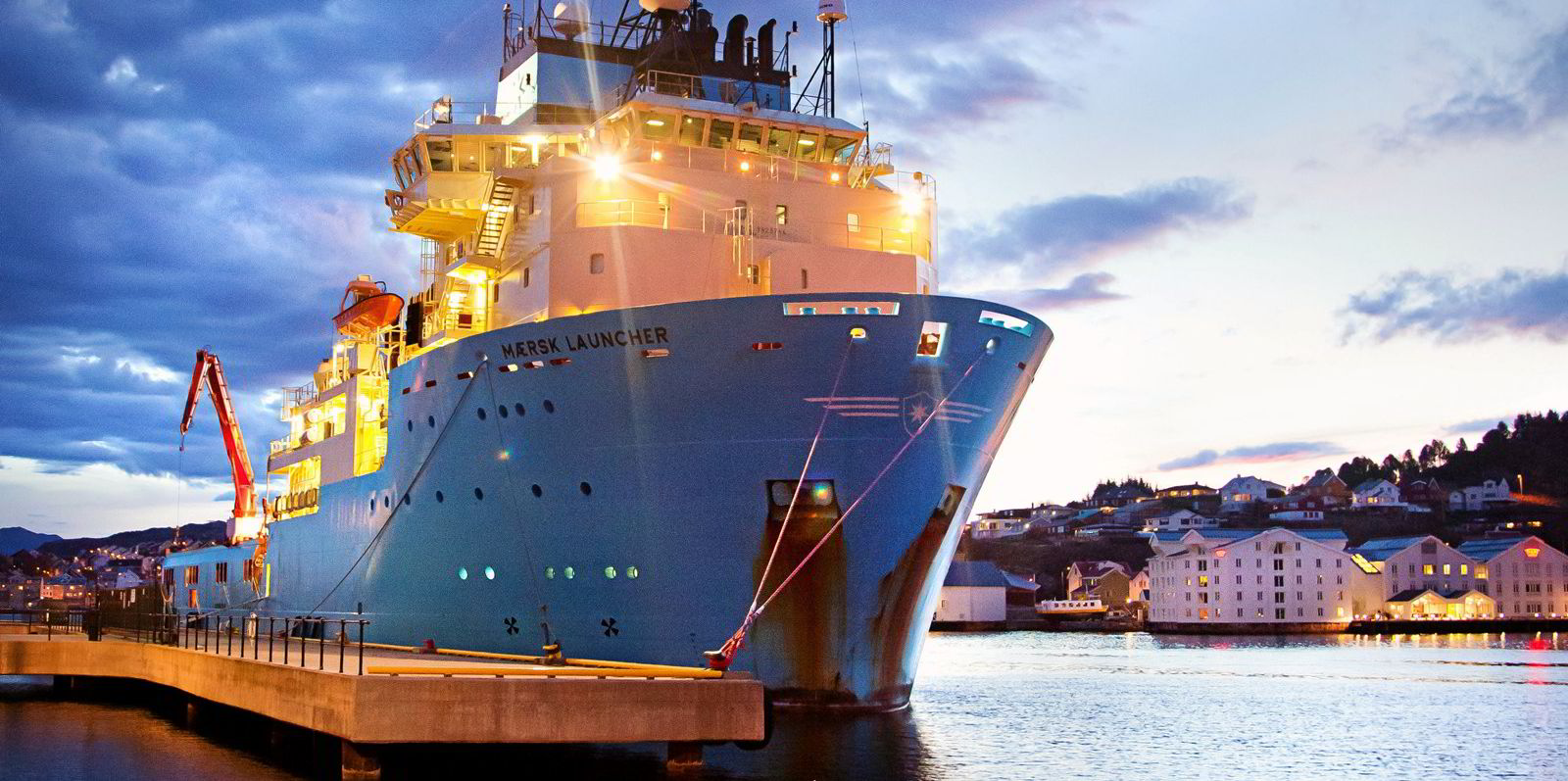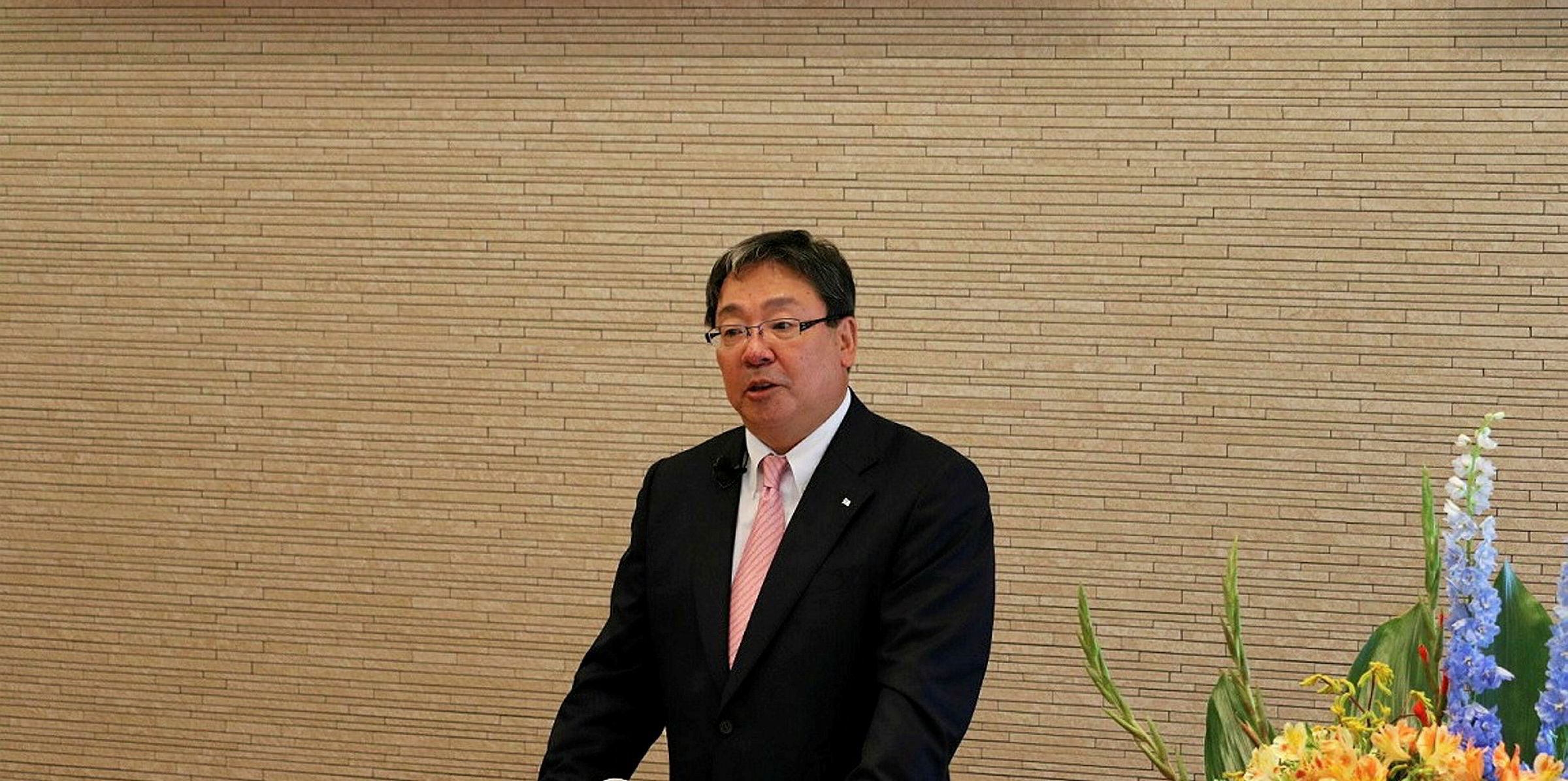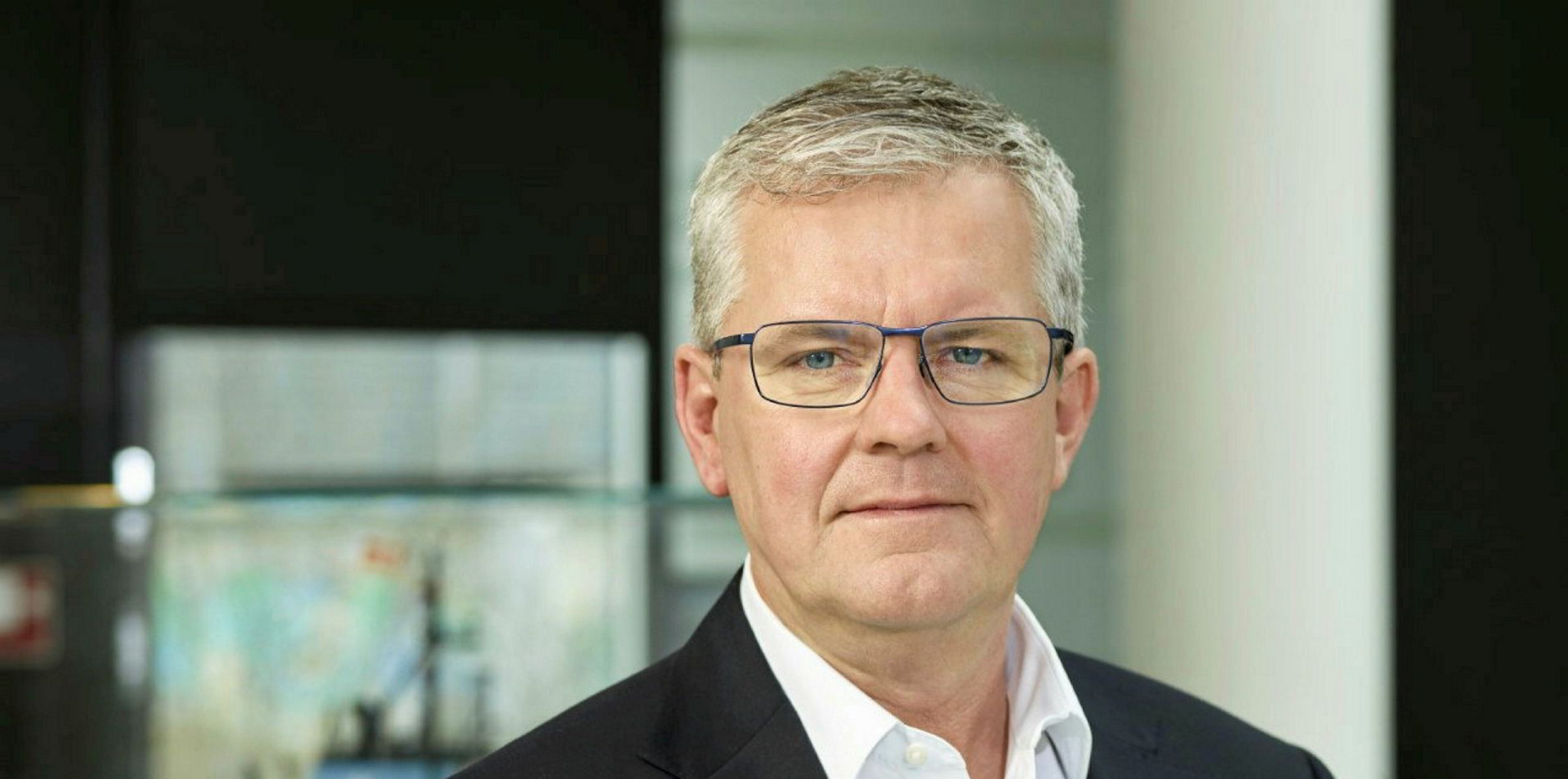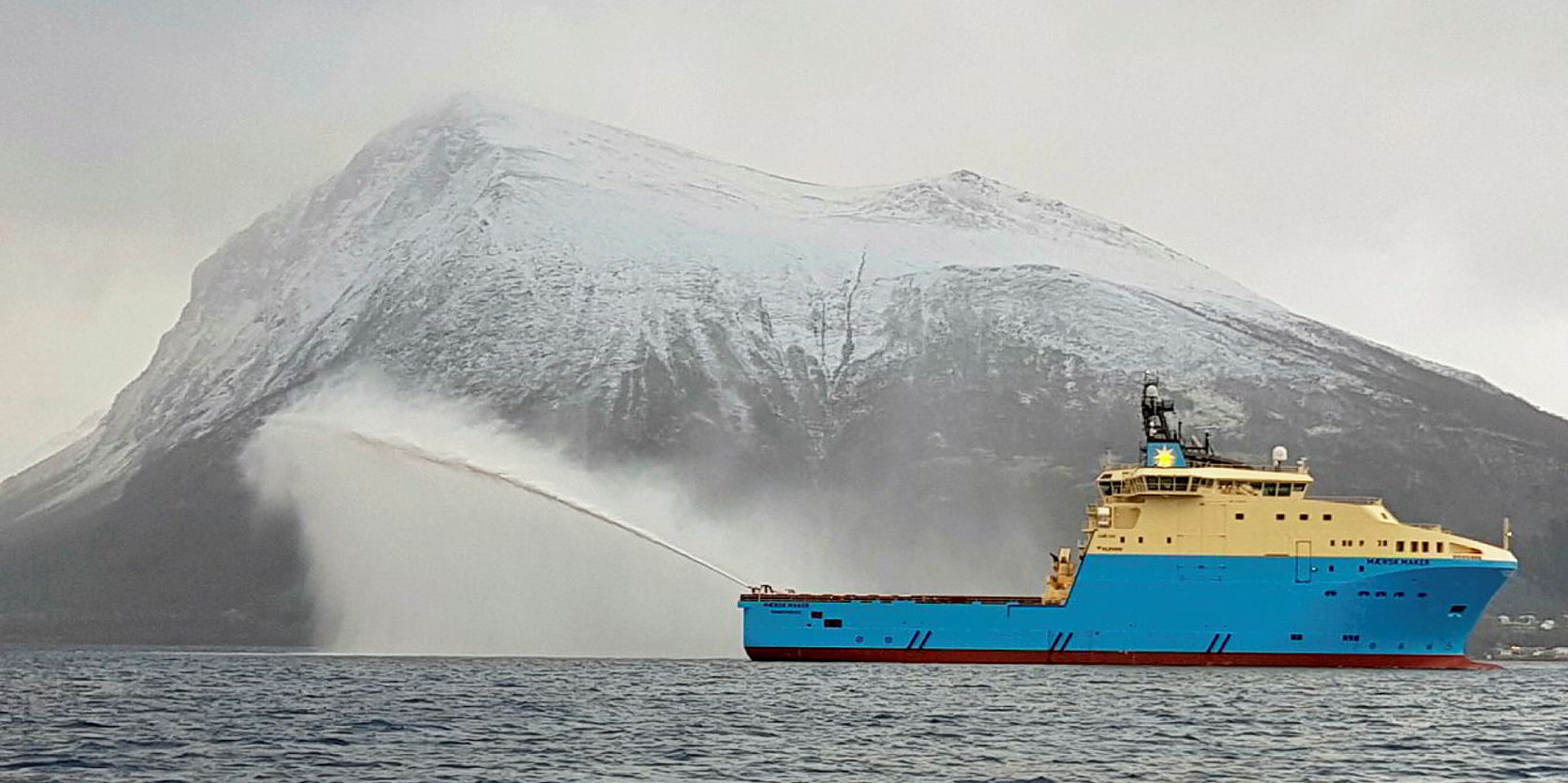Maersk Supply Service is underscoring a shift away from chartering offshore vessels to performing large-scale project contracts with the announcement of its "largest project contract ever" off Brazil.
The Danish company is revealing no dollar figures on the floating production, storage and offloading vessel mooring job, which will be carried out in 2021 and 2022 for the Petrobras-led Libra Consortium that controls the Libra block of the Santos Basin.
The integrating engineering, procurement, construction and installation (EPCI) job involves preparations for the mooring of SBM Offshore's 250,000-dwt FPSO Sepetiba (built 2021), which is being completed at China Merchants Heavy Industry shipyard for a 22.5-year charter.
"With this contract, we will be ramping up our activities in Brazil significantly and will be developing further our office in Rio de Janeiro,” Maersk Supply Latin America managing director Rafael Thome said.
Another Maersk official described the job as "large in terms of revenue but not in terms of ships", with two Maersk Supply anchor-handling tug supply vessels to be employed for five to six months during the offshore execution phase of the project during 2022.
Maersk Supply said in the announcement it would be responsible for all activities in the EPCI job, not just offshore execution. The work consists of pre-laying 24 torpedo anchors weighing 120 tonnes and 23 metres long, at a depth of 2,000 metres off Rio de Janeiro at the Mero 2 Project.
The company called attention to its expansion over the past four years from offshore vessel operator to "solutions provider specialised in towing, mooring and installation of large floating structures" in wind, oil and gas.
“We have been scaling our solutions business since 2017 and have now won and successfully executed material projects in Africa, Latin America and Europe for energy majors," Maersk Supply head of integrated solutions Olivier Trouve said.
Libra's shareholders are operator Petrobras with a 40% stake, Shell Brasil and TotalEnergies with 20% each, and CNODC and CNOOC splitting the rest.
Maersk Supply's website lists a fleet of 24 AHTS vessels, 10 subsea support vessels and two platform supply vessels.






